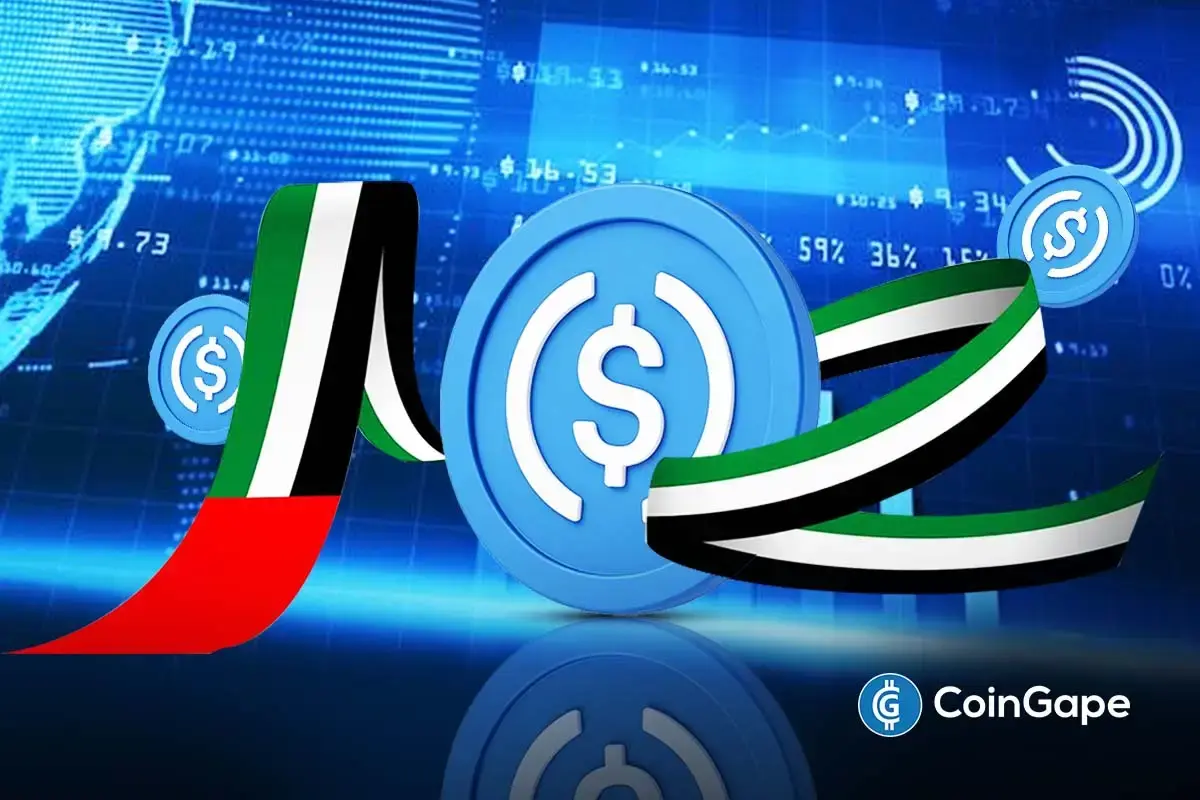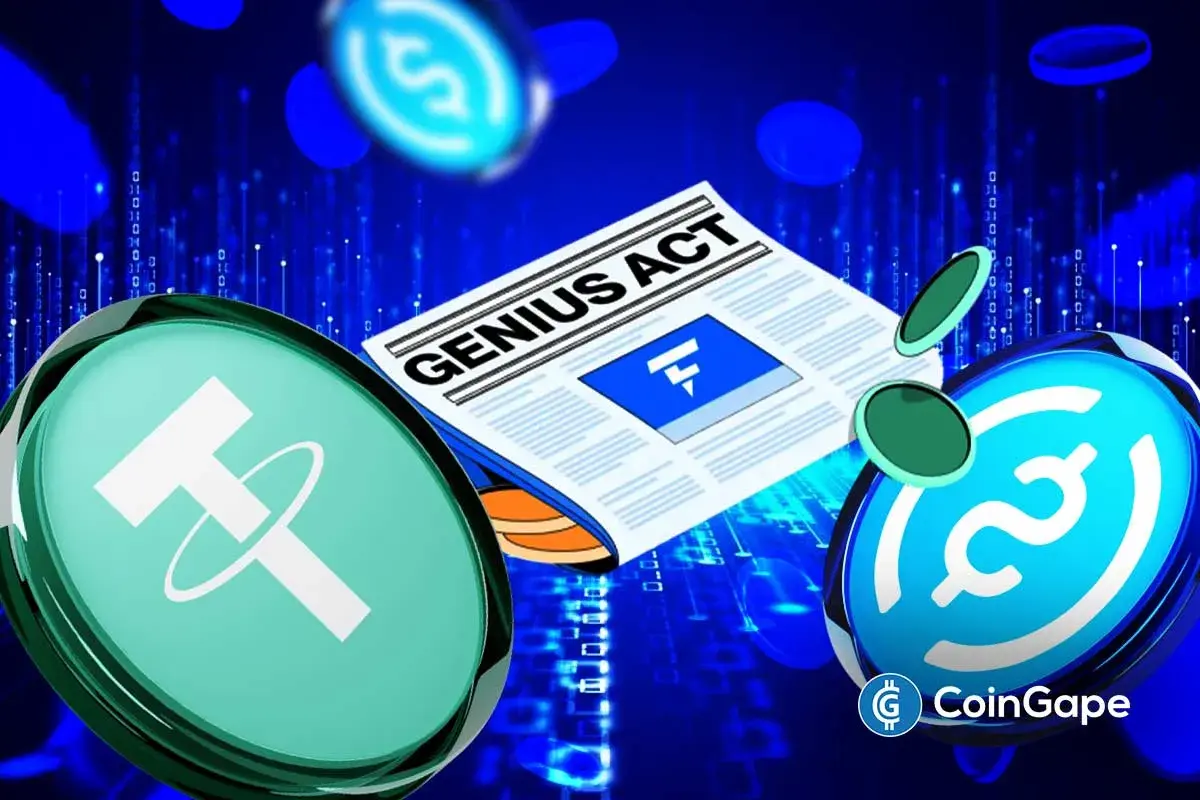Crypto Fuels Illicit Economies in Southeast Asia: UN Report

The United Nations Office on Drugs and Crime (UNODC) has recently released a concerning report highlighting the misuse of cryptocurrency in the burgeoning illicit economies of East and Southeast Asia. This development marks a significant challenge for global law enforcement agencies as criminals increasingly leverage digital currencies and modern technology.
Sophisticated Cyber Fraud and Illegal Casinos
According to the UNODC report, the Mekong Region has seen a surge in sophisticated criminal activities. Organized crime groups are using advanced technologies, including large language model-based chatbots and deepfake technology, to perpetrate complex cyber frauds. These schemes pose substantial threats not only to individuals but also to the formal banking industry.
The report specifically points to the proliferation of poorly regulated or outright illegal casinos and “pig-butchering” romance scams. These operations often find safe havens in underregulated special economic zones or areas controlled by autonomous armed groups.
In addition, the UNODC report sheds light on the role of junket operators in these illicit economies. These operators do more than just facilitate travel and accommodations for casino goers. They have evolved into bank-like entities, offering underground financial services that include credit issuance, currency exchange, and remittance. These services, often exploited by organized crime, include extra-legal debt collection mechanisms.
Tether Stablecoin and Money Laundering Concerns
The report also highlights the predominant use of Tether (USDT) on the Tron blockchain among the region’s financial criminals. Its popularity stems from its stability, ease of use, anonymity, and low transaction fees.
Concerns extend to local crypto exchanges that might inadvertently facilitate money laundering. The UNODC notes significant gaps in crime attribution on the blockchain, coupled with issues like fabricated reporting by exchanges and the prevalence of wash trading.
UNODC’s Call for Enhanced Policies and Awareness
In response to these challenges, the UNODC has compiled a comprehensive list of recommendations to improve awareness and develop policies to combat financial lawlessness in the region. This report comes amidst similar allegations by a nonprofit group against Circle’s USD Coin (USDC) used on Tron. Tether, the largest stablecoin by market cap, has been actively cooperating with U.S. law enforcement to address these concerns.
Read Also: Polygon-Binance Face Allegations: ChainArgos Claims Suspicious Token Mismanagement
- OpenAI Introduces Smart Contract Benchmark for AI Agents as AI and Crypto Converge
- Goldman Sachs CEO Discloses Bitcoin Stake, Backs Regulatory Push Amid Industry Standoff
- FOMC Minutes Signal Fed Largely Divided Over Rate Cuts, Bitcoin Falls
- BitMine Adds 20,000 ETH As Staked Ethereum Surpasses Half Of Total Supply
- Wells Fargo Predicts Bitcoin Rally on $150 Billion ‘YOLO Trade’ Inflow
- BMNR Stock Outlook: BitMine Price Eyes Rebound Amid ARK Invest, BlackRock, Morgan Stanley Buying
- Why Shiba Inu Price Is Not Rising?
- How XRP Price Will React as Franklin Templeton’s XRPZ ETF Gains Momentum
- Will Sui Price Rally Ahead of Grayscale’s $GSUI ETF Launch Tomorrow?
- Why Pi Network Price Could Skyrocket to $0.20 This Week
- Pi Network Price Beats Bitcoin, Ethereum, XRP as Upgrades and Potential CEX Listing Fuels Demand


















